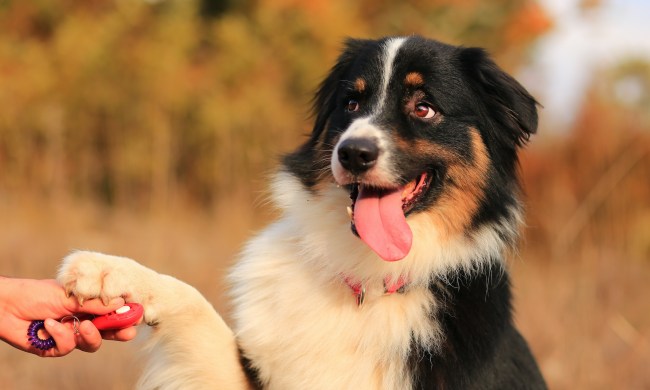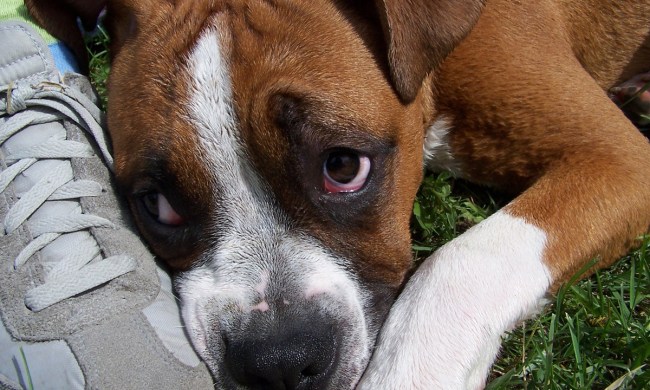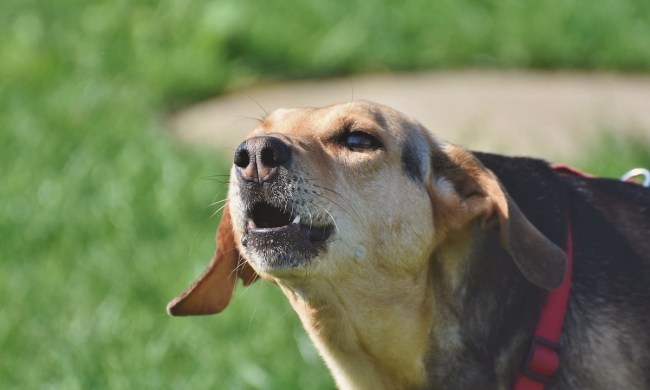Small, affectionate, and just a bit impish, Italian Greyhounds are the ideal pet for first-time dog owners, apartment dwellers, and even cat parents. (Be careful if you have young children – more on that later.) But did you know that Italian Greyhounds are also the perfect dog for allergy sufferers? In the U.S. alone, roughly three out of every 10 allergy sufferers have pet allergies. If your dog allergy has put a damper on your dream of being a pup parent, we have some good news, and we have some bad news.
First off, the bad news: according to the American Kennel Club, no dog is ever 100 percent hypoallergenic. Fortunately, we also have good news: low-shedding or non-shedding breeds can drastically reduce your risk of exposure to known allergens. And one of the cutest (mostly) hypoallergenic breeds is none other than the Italian Greyhound. Is an Italian Greyhound the right pup for you? Let’s find out.
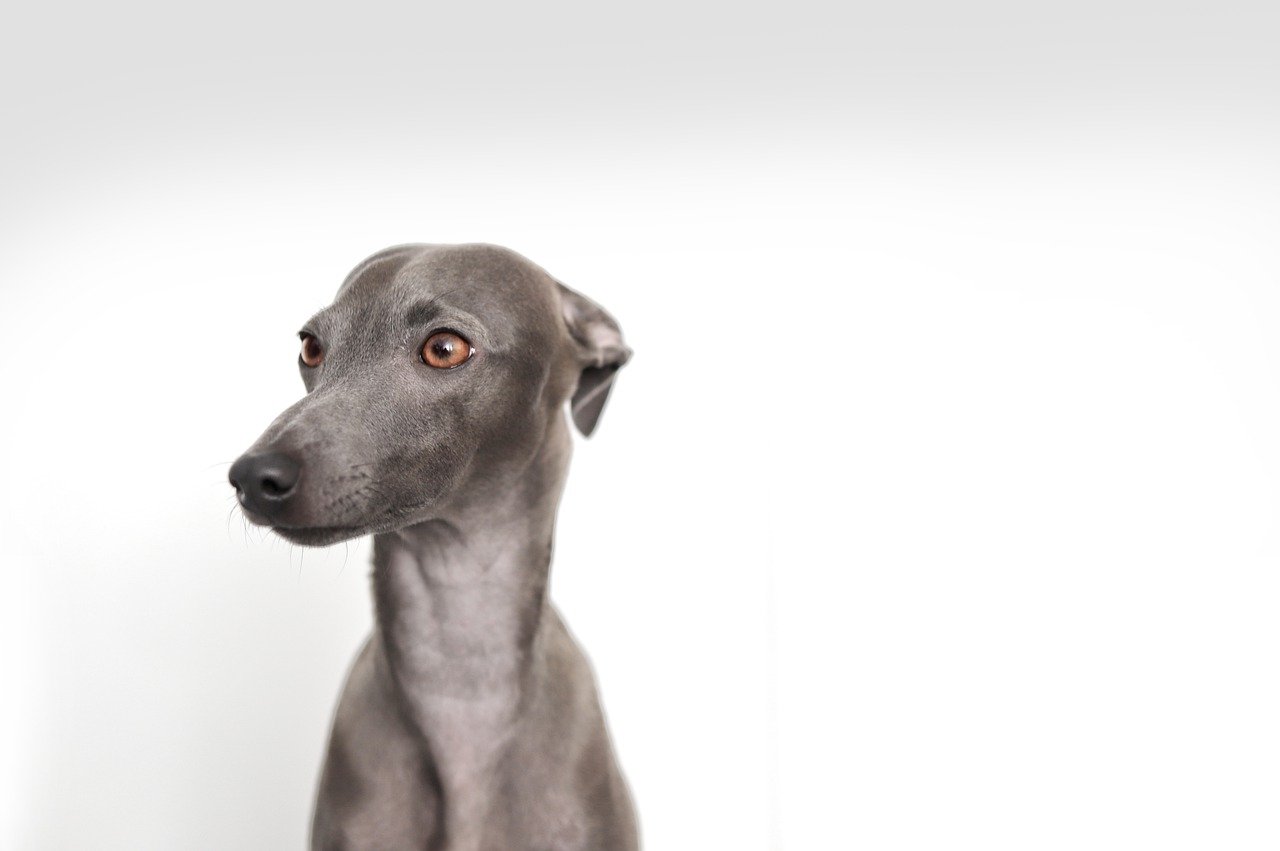
What are Italian Greyhounds known for?
Beloved by nobles throughout history (particularly in Italy), the Italian Greyhound has been depicted in countless works of art. But did you know these slim speedsters were bred to be much more than just lapdogs? These small pups stand an average of 13 to 15 inches at the withers and weigh only 8 to 11 pounds, but they’ve been clocked at over 25 miles per hour when running at top speed.
Initially bred as sighthounds, these lively and affectionate pups have retained the innate urge to chase anything that moves. However, Italian Greyhounds don’t require a large yard to be happy. Their small size makes them ideal for smaller dwellings like apartments and condos. Italian Greyhounds are remarkably gentle, loving dogs, and they’re just as content snuggling their family members as they are chasing toys at the dog park.
Is this quirky breed right for you?
Here are a few things you should be aware of before adopting an Italian Greyhound.
- They get cold very easily, so you’ll want to invest in a few warm sweaters for your pooch. You can find tons of cute designs online, and because Italian Greyhounds shed infrequently, you won’t need to launder your pup’s clothes often.
- Italian Greyhounds have a tendency to think they can fly. (Yes, you read that sentence correctly.) These spindly pups are known for launching themselves from beds, chairs, and even the tops of sofas, which can lead to broken bones. Training your dog not to jump is essential if you want to keep this accident-prone pooch out of the vet’s office.
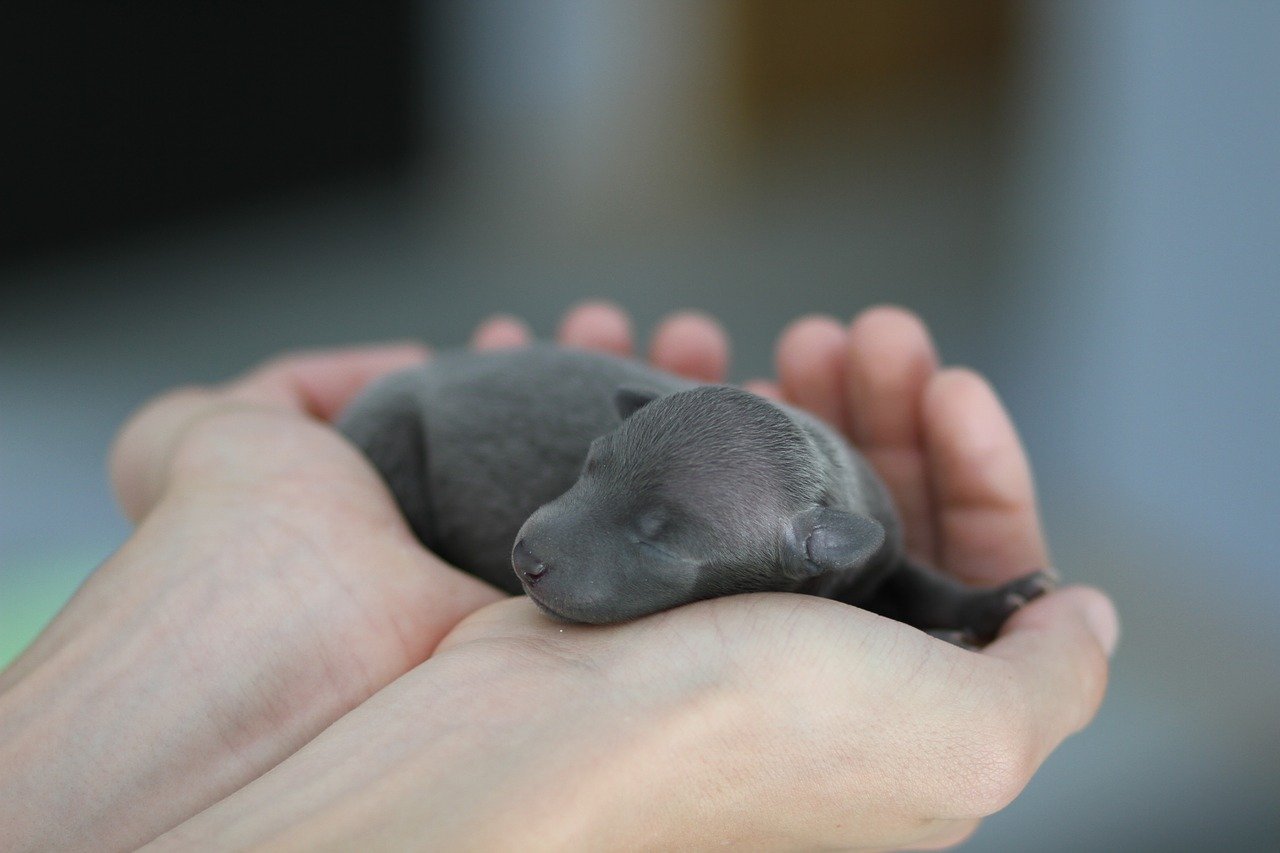
Are Italian Greyhounds hypoallergenic?
If you happen to be one of the unlucky few who suffer from pet allergies, the quest to find a fur baby who won’t set off a sneezing fit can seem fruitless. But hope is in sight. While it’s technically possible for someone to have an allergic reaction to any breed, certain breeds are safe bets for most allergy sufferers. And Italian Greyhounds are one of the most hypoallergenic dog breeds around. They have short, odorless coats, and they very rarely shed, if they shed at all.
Because of their small size and infrequent shedding, you’ll be exposed to much less dog hair, a potential allergen. However, not everyone is allergic to dog hair and dander. For some allergy sufferers, it’s a dog’s saliva that triggers itching, sneezing, and hives. If at all possible, you should spend time around the dog you want to adopt to find out whether you can safely bring them home without setting off your allergies.
Are Italian Greyhounds good with kids?
An Italian Greyhound sounds like the perfect dog, right? Especially if you have a small child with pet allergies. Not so fast. Italian Greyhounds are sometimes touch-sensitive, which means they may not be the best option if you have young children. Even though they don’t always mean to, young children can be too rough with pets, often grabbing at their legs and tails when they want to play. We suggest waiting until your kids are old enough to play gently with your dog before you adopt an Italian Greyhound.
How to reduce dog allergens in your home
What happens if you fall in love with an Italian Greyhound and still have an allergic reaction? We have a few tricks up our sleeves that can help you out. If you have mild allergies, consider trying one or more of the following tips:
- Give your dog a bath: Bathing your pooch once or twice a week can drastically reduce saliva buildup, not to mention reduce the risk of shedding to almost nothing.
- Use an allergy filter: You can find an affordable air filtration machine almost anywhere these days, and science says they really do help.
- Keep your pup out of the bedroom: Keeping your bedroom a no-pet zone provides you with an allergen-free place to sleep, which can help cut down on itching, sneezing, and watery eyes.
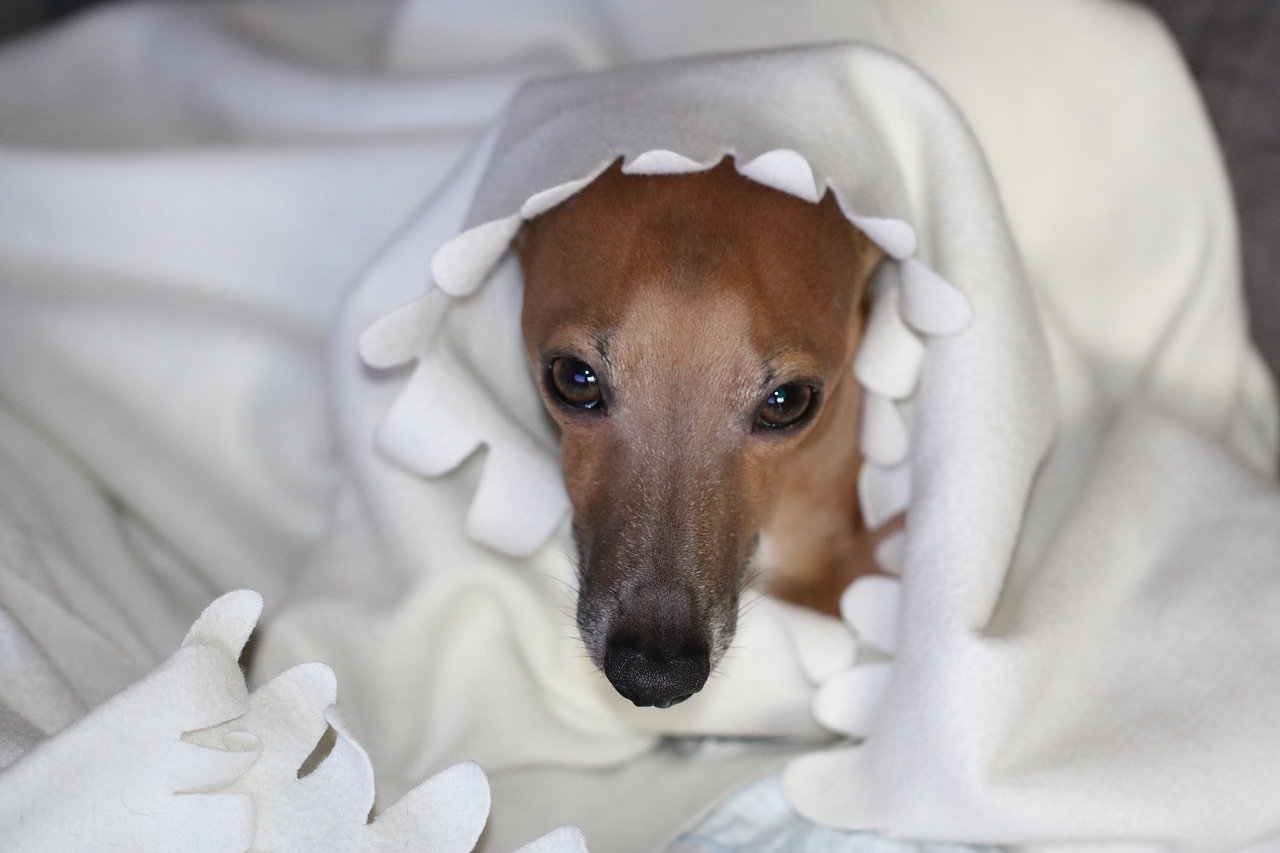
You don’t have to give up hope if pet allergies are putting a damper on your desire to become a pet parent. Look for a hypoallergenic dog breed, spend time with your prospective pooch before you adopt him, and keep your home and your dog as clean as possible to cut down on allergens. When in doubt, consider speaking with an allergy specialist to find the best treatment plan. No one should have to live without a dog. If you follow our tips, you won’t have to.

